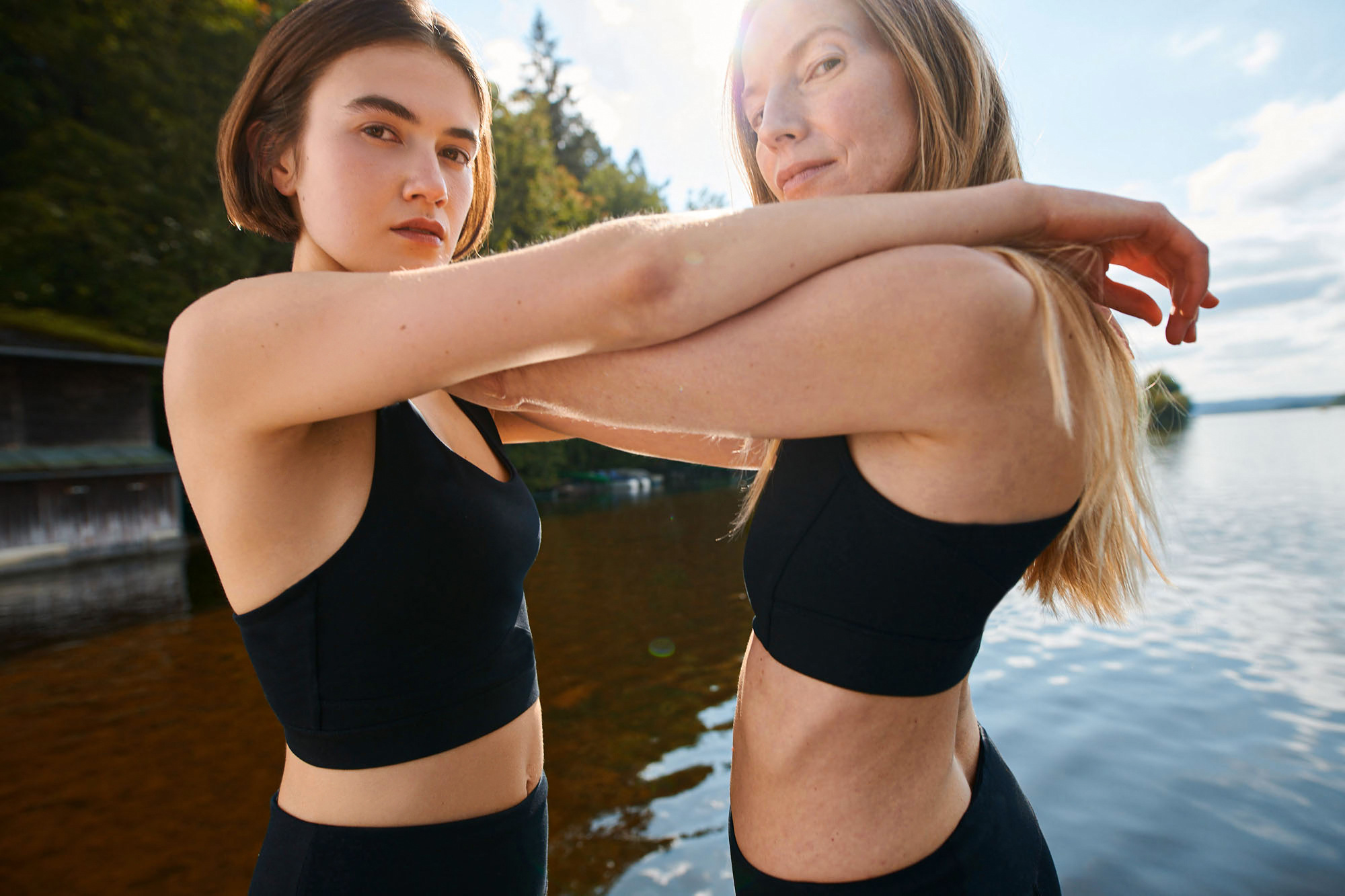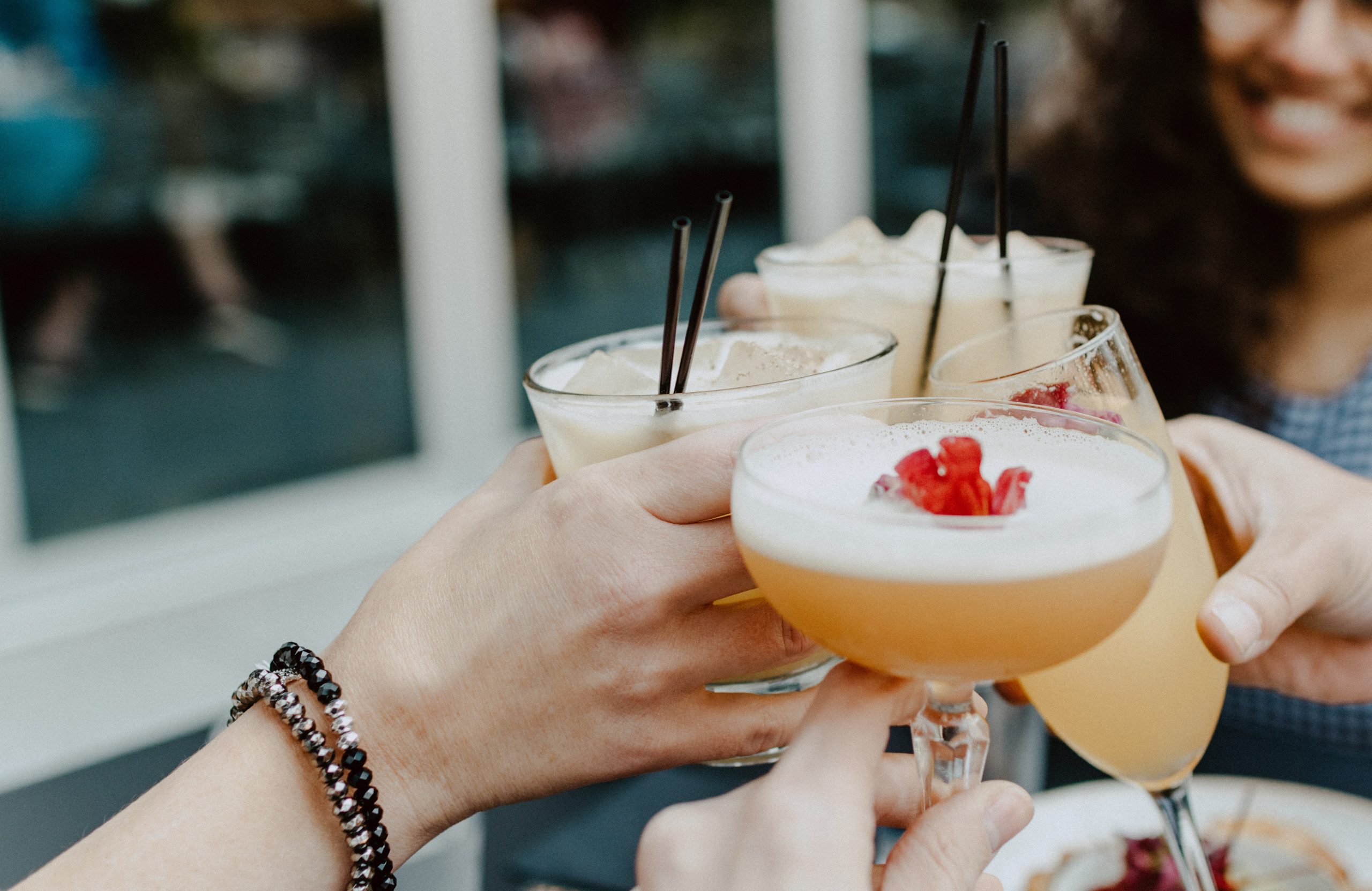In September, Siobhán McKenna wrote a post on LinkedIn as part of the #ThisLittleGirlIsMe campaign. She detailed the racism she has experienced, starting when she was taken to a Mother and Baby Home in Ireland, aged three days old. She described examples of racist slurs she endured both as a mixed-race girl growing up in Ireland and as an adult. The post went viral and has been seen 1.8 million times. Siobhán, who is Head of Equality, Diversity & Inclusion at Ireland’s leading public service recruiters, spoke to our Editor-in-Chief, Melanie Sykes.
Siobhán, what did it feel like to share your story? I think nearly 2 million people have now seen it! What has that been like for you?
Siobhán McKenna: I was astonished and overwhelmed that it resonated so widely with people. So many people took the time to read it and comment on it. Hundreds contacted me directly to share their own families’ experience of the Mother and Baby Homes or the racism they experienced in Ireland. I was relieved that it received a universally positive response. You take a risk when you post about race and racism online.
Where did the hashtag #Thislittlegirlisme come from? What are the criteria for using it?
Siobhán McKenna: The campaign was initiated by Miriam Gonzalez Durantez (lawyer and wife of Nick Clegg) to mark International Day of The Girl (October 11th) and to inspire girls and young women around the world. I came across it on LinkedIn. I didn’t see myself reflected in any of the stories I was reading so decided to add mine. There were no criteria, it was open to any woman who wanted to share her stories in the hopes it might inspire another young woman or girl.
You start with when you were taken to St Patrick’s Mother and Baby Home in Dublin aged three days old and put in a ‘rejects room’ with, in your words ‘the other black, brown and disabled babies.’ This happened to a lot of babies in Ireland in the 1970s, didn’t it?
Siobhán McKenna: Yes, it happened for decades in Ireland. The Commission of Investigation into Mother and Baby Homes went back as far as 1920s; decades of misery and trauma inflicted on vulnerable women and their children. There was no single parents’ allowance from the Irish state, who was firmly in the grip of the Irish Catholic Church, for a mother until 1973. The shame was too great for most Irish families to bear so they packed their daughters, their sisters, their mothers off to these homes. The last of these places only closed in 1998.

Although you probably don’t remember this early experience, how has the knowledge of it affected you in your life?
Siobhán McKenna: I didn’t think about any of this when I was young. I knew I was adopted; I knew I spent a short time in a Mother & Baby Home; I knew that I cried solidly for the first two weeks after my family got me, and I knew I looked different to most Irish people at the time. But I grew up well-loved, secure, valued and protected in a stable, middle-class family with all the social, emotional and economic privilege that goes along with that. But I think it made me appreciate the sheer randomness of life; the twist of fate that meant I got to leave the Home, but other babies didn’t.
Six months after you entered the orphanage you were adopted, and you speak of how privileged you feel that these wonderful people became your mum and dad. They must be proud of you.
Siobhán McKenna: They feel the same way they always have about me and my siblings. Hugely proud of who we have become – flaws and all! They understand that a whole-society approach to tackling racism in all its forms is necessary; everyone has their part to play. They raised us to speak up and out, especially for those less fortunate than us, so they were very supportive.
Did they themselves have to deal with a lot of racism by bringing you up?
Siobhán McKenna: A bit I think, though they don’t talk about it much. You can imagine some of the comments they would have received on the streets, and in the well-healed homes of Dublin, about their mixed-race, adopted daughters in ‘70s and ‘80s Ireland (my sister is also mixed race – Indian and Irish). It wasn’t a very enlightened place. There was no support for my parents from the adoption agency or social workers to raise mixed-race children – no advice or guidance on inter-cultural/heritage adoption like there is now. They just got on with it and did their best.
You eventually met other mixed-race survivors of Irish Mother and Baby Homes. What kind of stories did you hear from other survivors?
Siobhán McKenna: I saw an interview in the Irish Times with Rosemary Adaser, a mixed race Irish survivor (and founder of the Association of Mixed Race Irish) and I knew I had to speak to her. I tracked her down and through her I met other mixed-race Irish people in London, many of whom grew up in homes and industrial schools across Ireland. All were older than me and all had left Ireland as soon as they could.
I offered to help draft the group’s submission to the Mother and Baby Home Commission.
Part of me wishes I could forget what I read in that document. It was just page after page of heartache. The ritual humiliation, the savage meanness, even just the lack of basic care, support or affection were hard to read.
The abuse (including racism) was inhuman. I didn’t sleep much when I was working on it. The final report of the Commission shamefully disregarded the testimonies of these survivors and so the trauma continues for many.
Can you tell us more about the Commission and the investigation into the abuse suffered at the hands of the Irish state and the Catholic church?
Siobhán McKenna: The Commission of Investigation into Mother and Baby Homes was set up by the Irish government in 2015 to investigate these homes, most of which were run by Catholic nuns.
It was launched following statements that the bodies of up to 800 babies and children may have been interred in an unmarked mass grave in the Bon Secours Mother and Baby Home in Tuam, county Galway.
About 9,000 children (one in seven) of those born in the 18 institutions covered by the Commission’s terms of reference, died in them between 1922 and 1998, double the rate of infant mortality in the general population. I never considered myself a “survivor” until I read that in the final report.
Your post details the racism you have experienced, and what a horrific read that is. Tell us how you endured such slurs, how you feel, and how you deal with this ignorance?
Siobhán McKenna: It was quite stark to see it written down in that chronological order, even for me. But that was a ‘lowlights’ reel, I had a very happy childhood that was interrupted by ignorance and racism. My parents worked so hard to provide for their five kids, so I was in no position to be anything other than grateful for the advantages and privileges I had.
It was difficult when I was young to make sense of it all – I was acutely aware of how different I was. I was reminded of that difference every time I was asked where I was ‘really’ from. And I never saw myself reflected in Irish society. Racism was easier to deal with when I was travelling because it wasn’t my country, wasn’t my fellow citizens, who thought it was acceptable to yell racist abuse at someone walking down the street.
The older I get the less I care about racist individuals. I care about dismantling racist structures, unequal processes and the biased systems that hold so many people back. Racism is a distraction from that work. Every time something happens people who care about equity, fairness and racial equality have to expend all this energy on pointing out someone or something is racist. Then we have a brief national debate about it, someone might lose a job, a book may be withdrawn. Then the news cycle moves on, but the structures remain.
Have you been approached to make a documentary about these orphanages?
Siobhán McKenna: I haven’t – but people keep telling me I should write a book! People have covered a lot of this material already (Philomena, The Magdalene Laundries, etc) – though I haven’t seen the story of mixed-race children get the same attention. There are courageous people telling this story, but it would be great to have it amplified and spotlighted.

Read Siobhan’s LinkedIn post here.
Learn more about the Mother and Baby Homes Report here.







